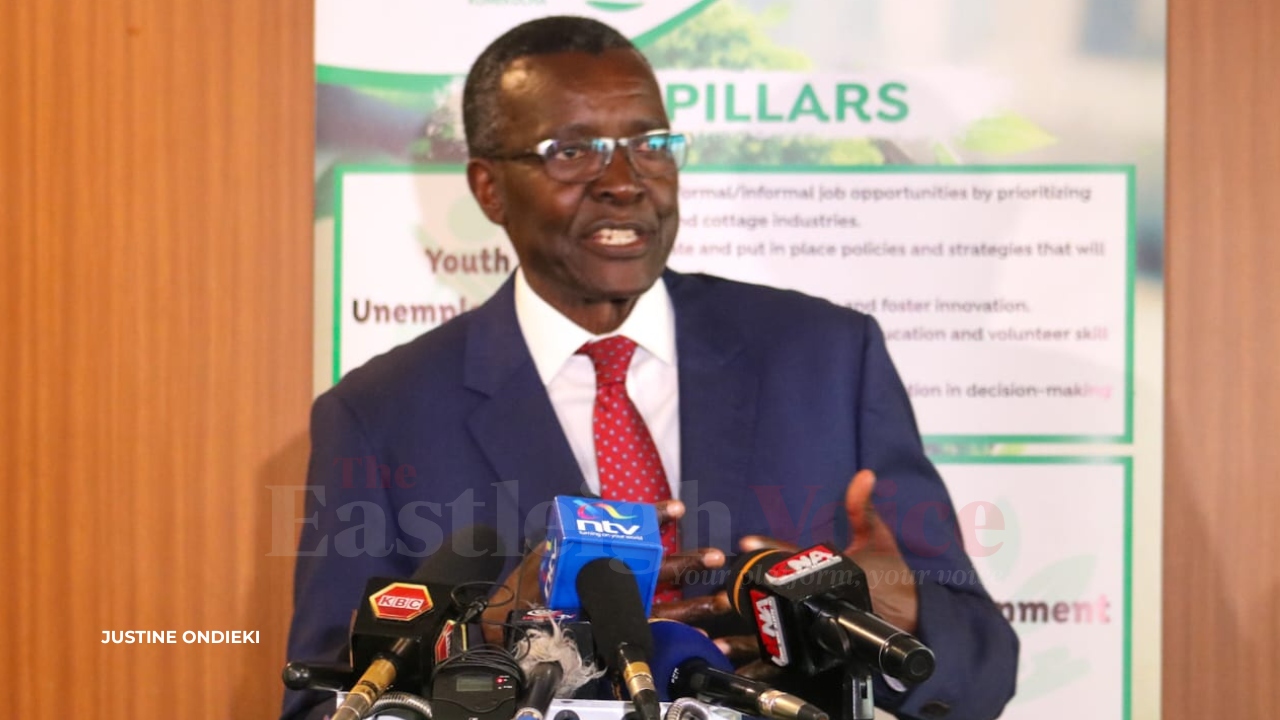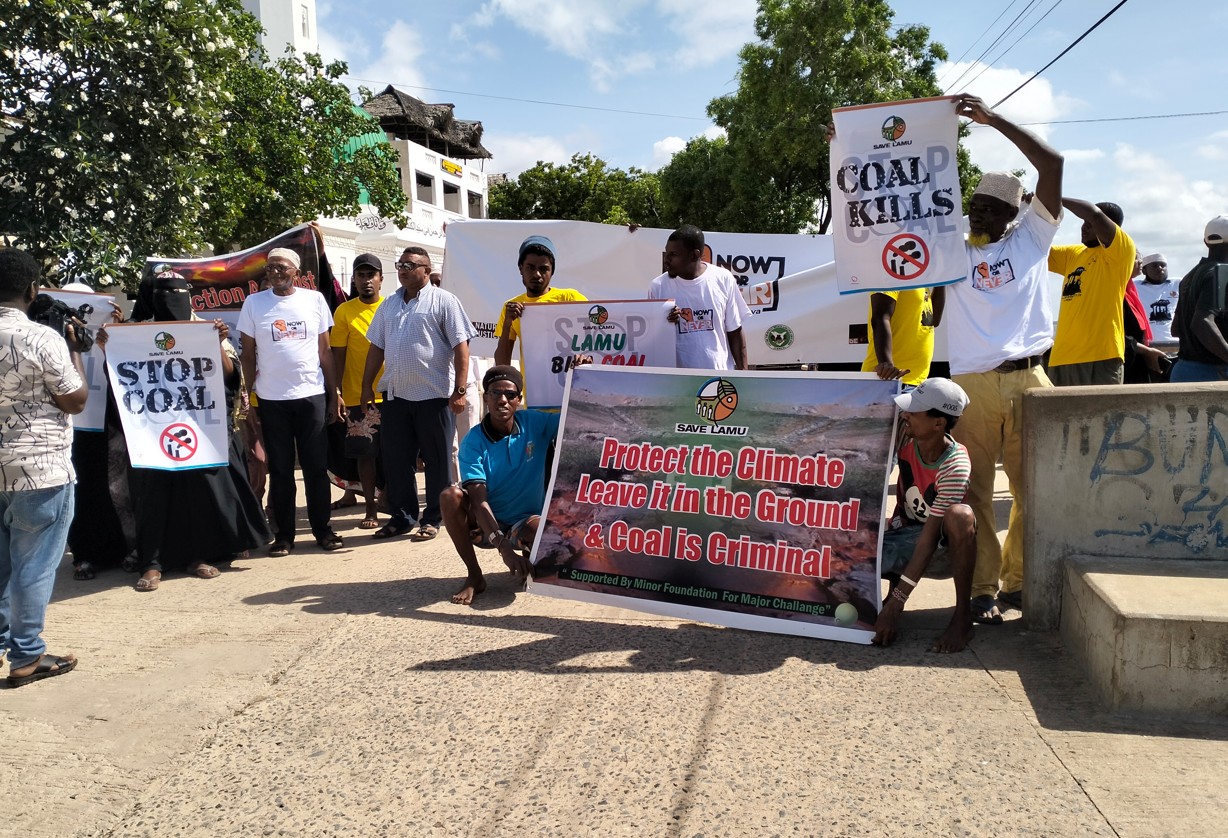World Bank cautions against rate cuts, keeping loan costs elevated

Inflation has fallen across the board, with 90 per cent of countries now having lower inflation than in July 2022.
Consumers in the country are facing continued high loan servicing costs, as the global lender, the World Bank, has warned Central Banks in emerging markets not to lower interest rates just yet.
In its monetary policy report on Monday, the global lender acknowledged that inflation has gradually begun to fall to levels lower than those in 2022, but stated that levels continue to exceed target ranges, particularly in emerging nations.
More To Read
- CBK under fire for withholding Sh3 billion in upfront agency fees, auditor-general says practice breaches law
- IMF revises Kenya’s 2025 growth forecast upward to 4.8 per cent
- Kenya’s economic activity set for strong year-end boost, says CBK
- Banks urge CBK to cut base rate to spur private sector lending
- Pressure mounts on finance executives to operationalise County Assembly Funds
- Counties face tightened oversight as Controller of Budget gains access to bank accounts
"Central banks in major economies may have compelling reasons to start decreasing interest rates in the coming months. However, they are unlikely to cut interest rates considerably until they are confident that inflation is firmly on track to return to target ranges," according to the World Bank.
"This means monetary policy will continue to be restrictive, implying that emerging markets and developing economies (EMDEs) could face tight global credit conditions for some time."
This comes just a few days before Kenya's regulator, the Central Bank of Kenya (CBK), evaluates the benchmark base lending rate, which is now at 13 per cent.
The rate has been kept twice in previous assessments, and the current level is a 12-year high, having last been reported in 2012.
Ideally, central banks combat inflation through interest rates, which tend to move in the same direction as inflation but with lags.
Last week, the Kenya Bankers Association (KBA) also urged the central bank to keep the base lending rate at 13 per cent in a review anticipated this week.
This is even though inflation has fallen below the goal range's midpoint of 5.0 per cent.
The Kenyan government expects inflation to range between 2.5 per cent and 7.5 per cent in the medium term.
Globally, the lender thinks central banks have made significant headway in the fight against inflation.
In July 2022, the median global inflation rate was 9.4 per cent, the highest since 2008. By last month, it had been reduced to 2.9 per cent.
Inflation has fallen across the board, with 90 per cent of countries now having lower inflation than in July 2022.
"However, the war has yet to be won. Global inflation is 0.7 percentage points greater than it was before the Covid-19 pandemic in early 2020. In July 2022, inflation was above target ranges in all countries with inflation-targeting central banks," the World Bank reports.
It adds that while the share is substantially smaller presently, inflation remains above target in over forty per cent of these countries.
Kenya's inflation rate has been declining since the beginning of the year, reaching a low of 4.3 per cent in July.
Nonetheless, the benchmark US Fed Rate remained unchanged at 5.25-5.50 per cent for the week ending August 1, with all eyes on the CBK's Monetary Policy Committee.
Top Stories Today












































